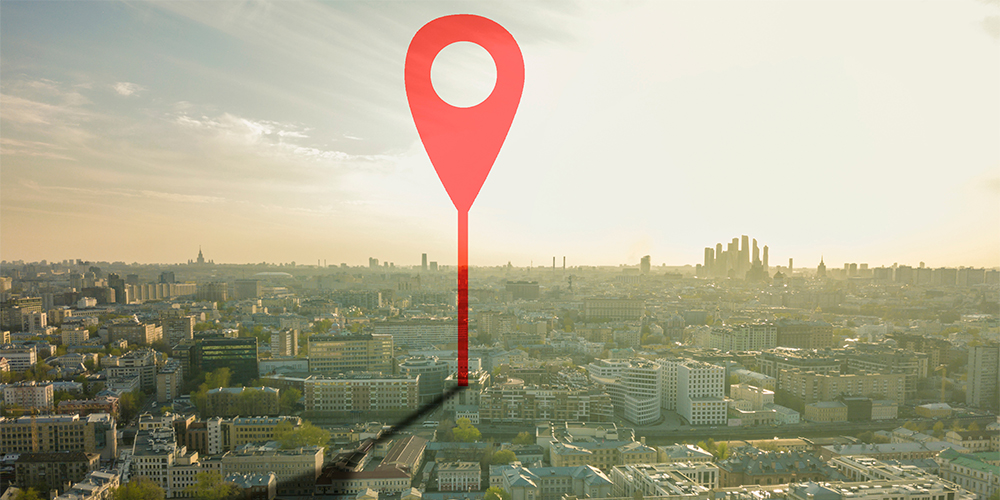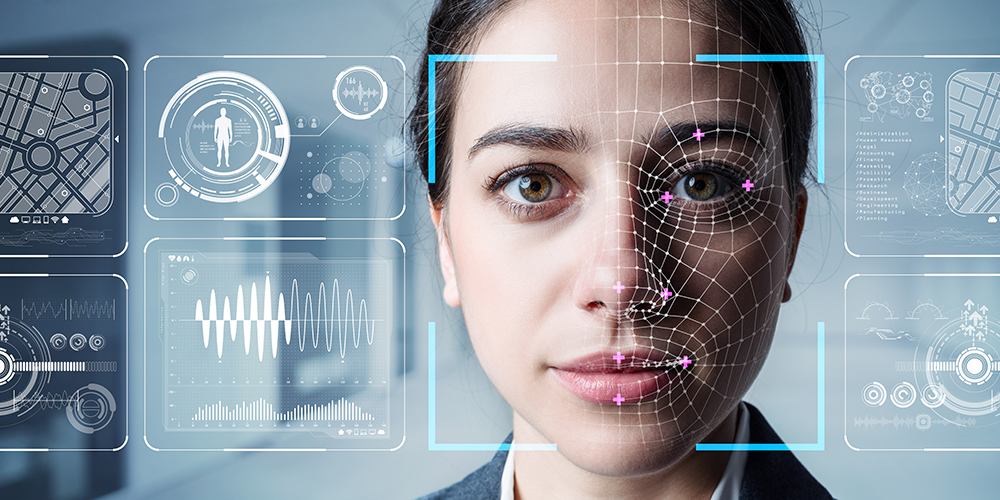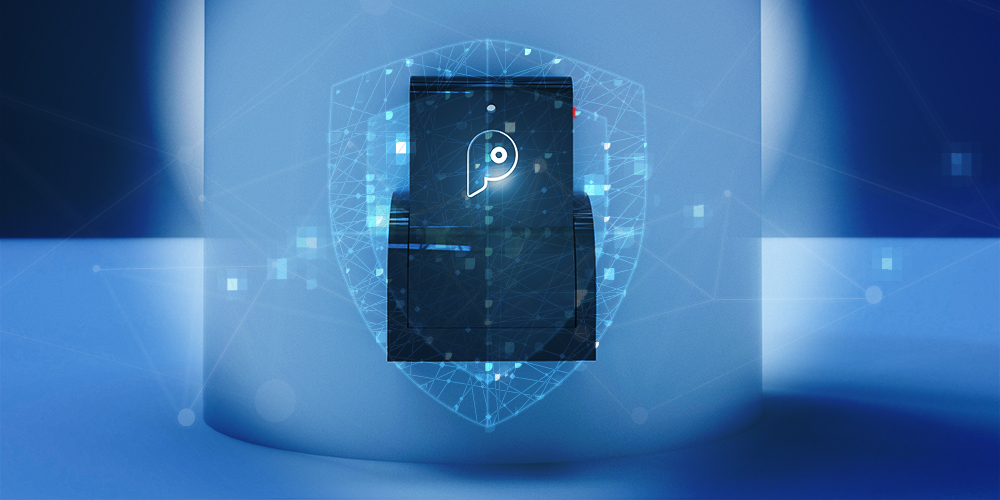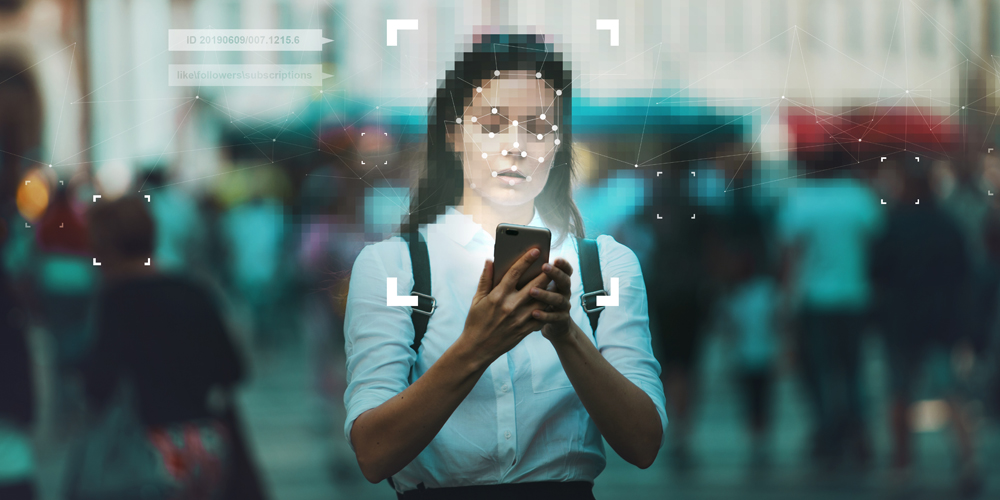10: You have already lost more of your internet privacy than you realize.
Online privacy is already largely an illusion. You’d likely be shocked to learn how much data typical internet users contribute through their everyday online activities. Browsers, search engines, and social media apps are designed to extract as much personal information as they can, even if we go in and maximize our internet privacy settings (which is worth doing, though the vast majority of users don’t bother). Those involved in data collection may simply bombard you with target advertisements, but their goals might go much deeper—identity theft, credit card numbers, IP addresses, or more. It’s time to start pushing back.
9: Smart speakers might eavesdrop on your intimate moments—and store them forever.
A recent study by security experts at Northeastern University found that smart speakers regularly activate without the ‘wake’ phrase being uttered—up to 19 times per day. Each time this happens, they record audio and upload it to their servers. And, unless you manually review and delete those recordings yourself (a measure few users are likely to take), the companies store them indefinitely.

8: Internet companies, not lawmakers, have been setting the privacy agenda.
Digital privacy is a complex, rapidly evolving issue, so it’s no surprise that legislators have trouble grappling with it. As a result, governments have so far created few measures to safeguard our private data—apart from a few jurisdictions including the European Union and California. In other words, the protection of your digital privacy has been largely left in corporate hands. And, spoiler alert: data protection is not their top priority.
7: Your cell phone is tracking your movements 24/7, whether or not you enable location services.
In order for your cell phone to function, it must regularly ‘ping’ nearby transmission towers. Every time it does so, your phone’s precise location is logged and stored. Your identity is not directly tied to this data, but a determined third party could easily figure out which phone is yours—if they gained access to the database. At that point, it would be easy to create a detailed minute-by-minute map of your daily routine. This scenario would be less of a worry if the companies holding this sensitive data had any significant regulation or public oversight—but, at this point, they don’t.

6: Human employees listen in on smart speaker recordings.
Late in 2019, consumers around the world were aghast to learn that human subcontractors were listening to recordings from people’s smart speakers. Some of these recordings involved intimate or disturbing interactions with the smart speakers, while other recordings were created even though the smart speaker hadn’t been deliberately activated (see ‘9,’ above).
5: Two-factor authentication is worth the hassle.
A lot of people notice when a service like Google or Facebook prompts them to enable two-factor authentication. But, most people don’t even understand what that is—or if they do, they decide it’s too much bother. Two-factor authentication (2FA) requires you to complete a second identification step whenever you log in from a new device. After you enter your username and password, you are asked to enter a six-digit code that has been sent to you via an app, text message, or email. Yes, it’s a minor hassle, and yes it takes a few extra seconds, but it’s also the single most effective protection against hacking. If possible, opt for authentication apps such as Google Authenticator or Authy, because they are much less vulnerable to hackers than codes sent by email or regular SMS text. And, if you’re offered the option of a third authentication layer, such as a fingerprint or USB fob, say yes.
4: You shouldn’t be forced to choose between data protection and convenience.
Big tech has somehow sold us the lie that we must sacrifice our personal data privacy if we wish to enjoy cool, convenient new gadgets and internet services (from voice-activated smart speakers, to browser search autocomplete, to live traffic updates). This is a false dilemma. Privacy and convenience should not be mutually exclusive.
3: Facial detection is nearing the point where anyone’s face can be instantly identified and logged.

Imagine a world where a complete stranger could glance at you through smart eyeglasses and instantly access your full name. Where government agents could compile a real-time database of people attending a protest rally merely by pointing cameras at the crowd. Where authoritarian regimes could track everyday citizens and police their behavior (China is an already laying the groundwork in this field). Facial detection is still an emerging technology, with significant limitations (including racial and gender bias) but it won’t be for long. Companies like Clearview AI in the USA or Russian search engine Yandex are already making millions by promising the ability to instantly identify any photographed face.
2: “I have nothing to hide” is a recipe for dystopia.
When someone tells you, “I don’t worry about privacy because I have nothing to hide,” your glib response could be, “Nevertheless, there you are, wearing pants.” Privacy isn’t about keeping secrets; it’s about controlling what you share. If an employer asked you to turn over the password to your personal email, you’d probably refuse even if you were a model employee. If a ‘friend’ secretly took and posted unflattering or compromising photos of you and then tagged you publicly on social media, you’d likely be unhappy.
In any case, the creeping loss of privacy doesn’t merely threaten individuals. It threatens our civil society. If we gradually descend into a dystopia of constant surveillance—both virtual and physical, by corporations and governments alike—we risk stifling those who move society forward: the risk takers and, yes, the rule breakers.
1: Awareness is an essential first step. Action is the second.

Some people can listen patiently to all nine of the above points and still shrug. “What’s the point?” they say. “Privacy is already dead.” That attitude is fine, if nihilism is your default setting. For the rest of us, let’s do our best to shift the needle in our favor. Research the basic, simple steps you can take to help protect your privacy online. When web browsing, choose the apps and tech companies that best respect your privacy. Use available tools and settings to protect your privacy online. Purchase newly invented products that help safeguard digital privacy (ahem, Paranoid, ahem). And, add your voice to those advocating for better government oversight.


